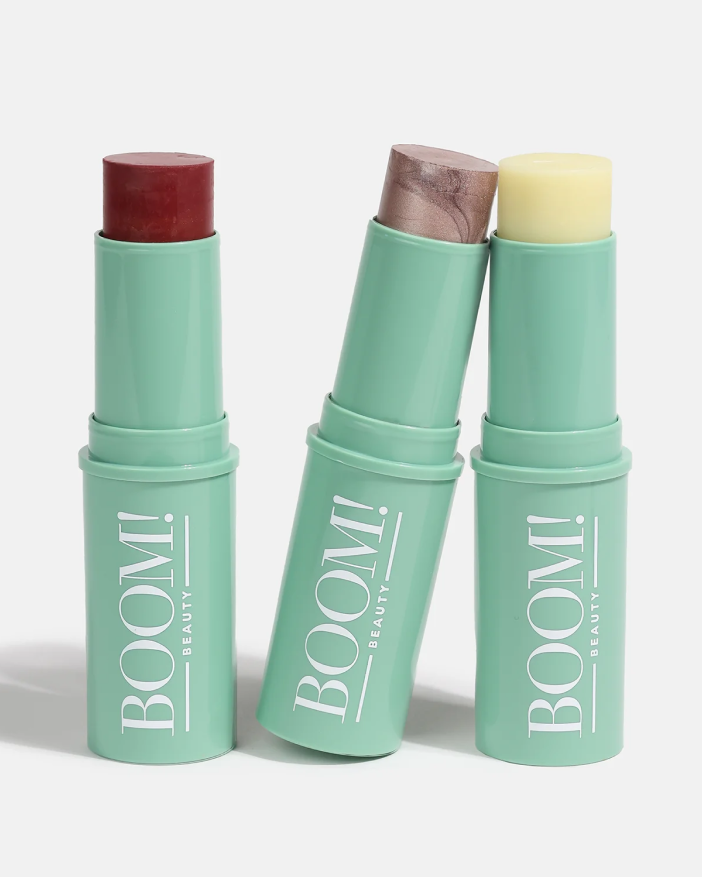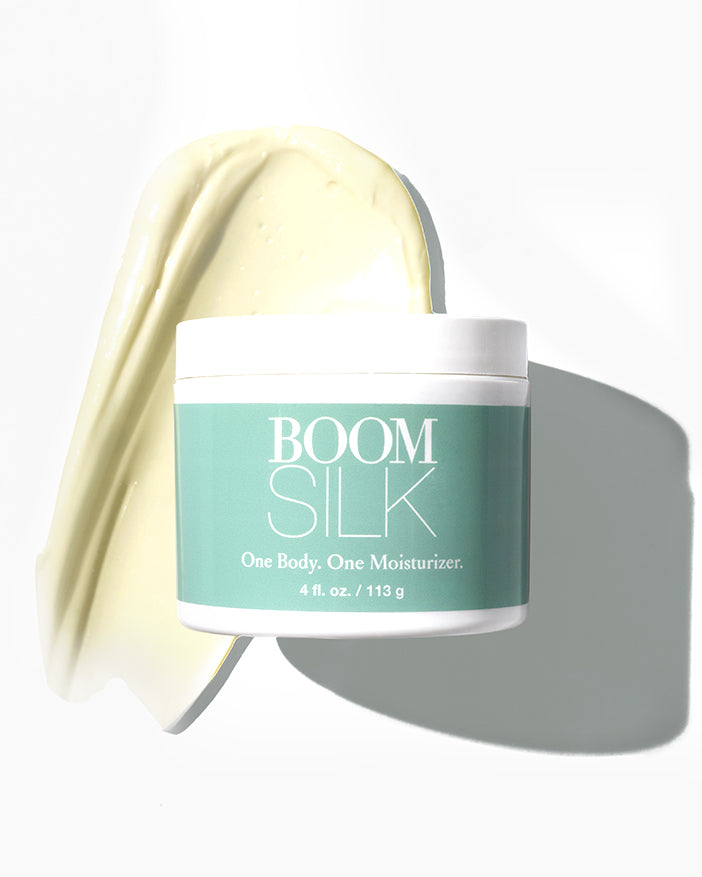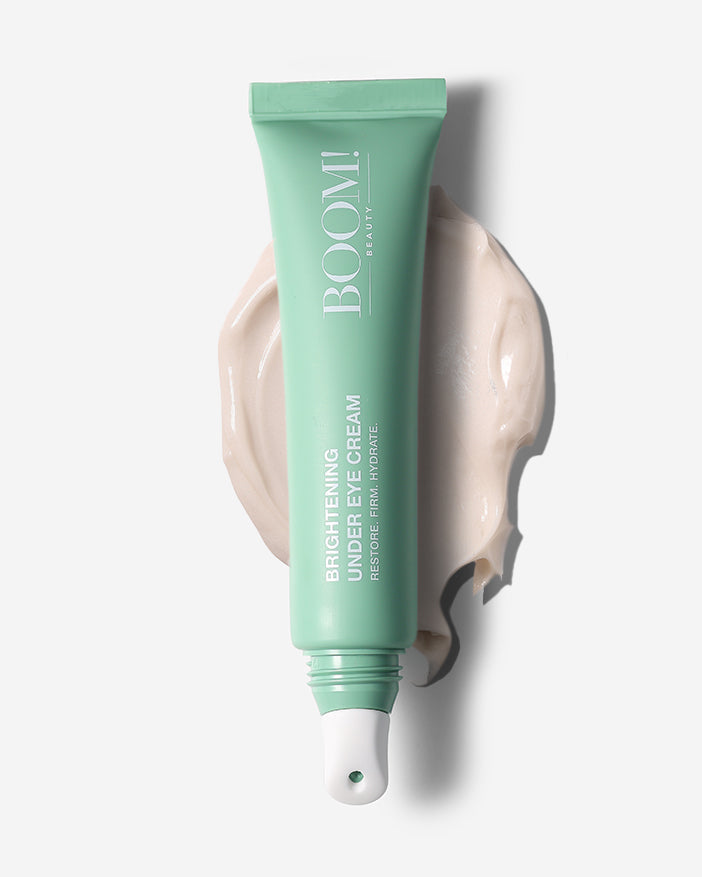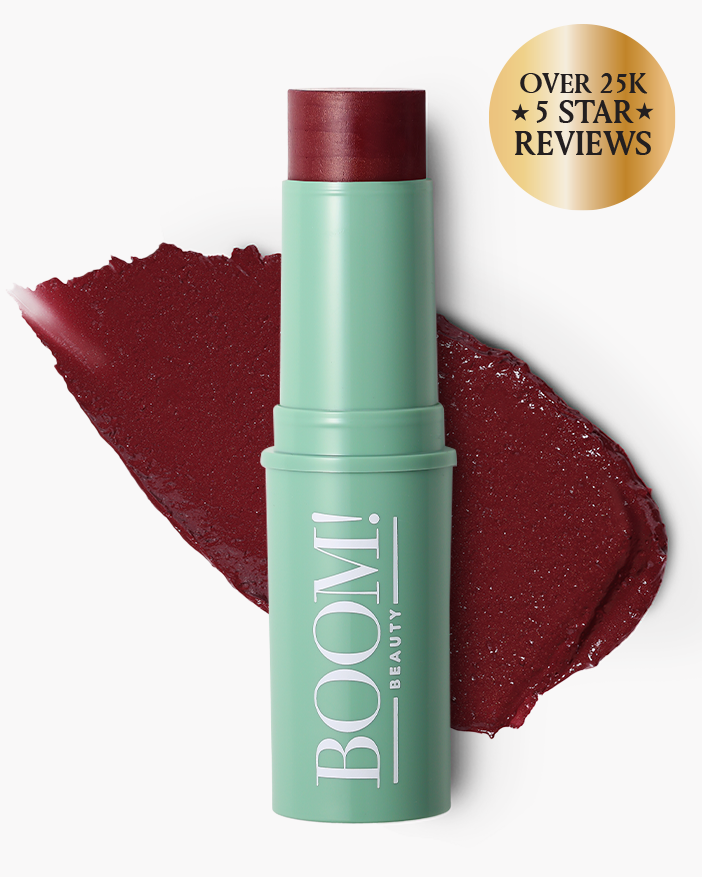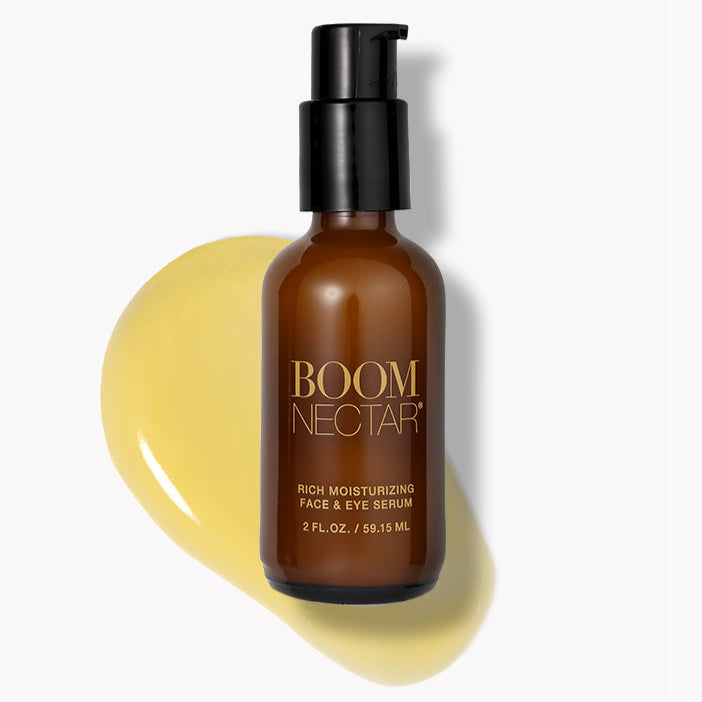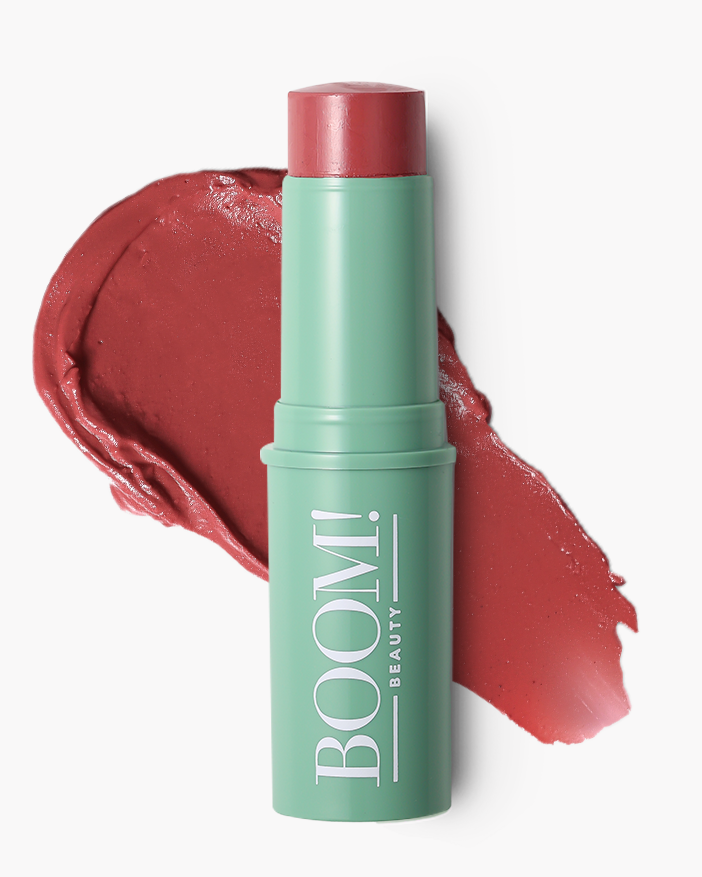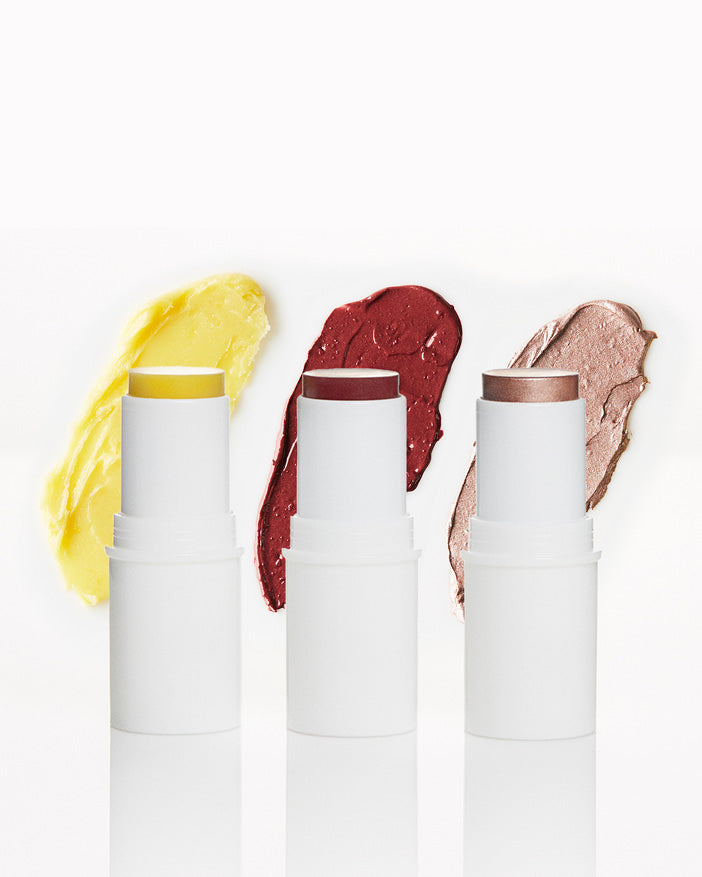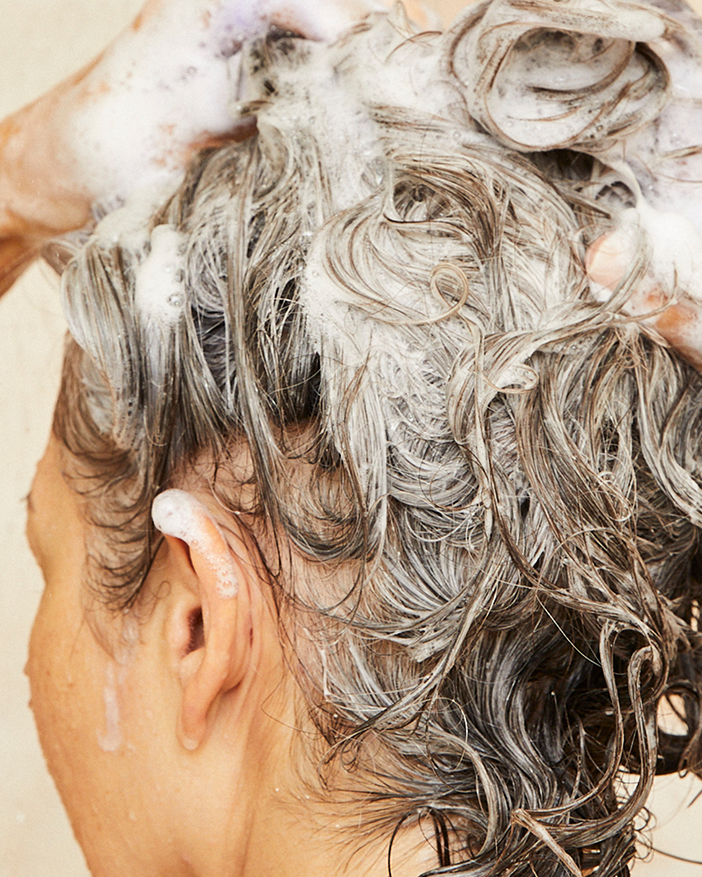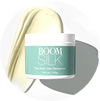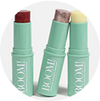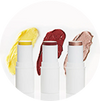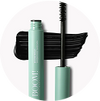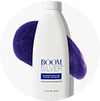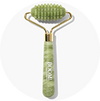How to Cultivate Curiosity Throughout Your Life
By Jessica
As we get older, we accumulate so much experience in life.
Experience is fabulous. It creates confidence and wisdom. It gives you a sense of mastery—that grounded feeling that makes you think, “yes, I can handle this.” That’s an amazing thing. It’s also a major reason why our power and happiness increases as we get older.
But at the same time, accumulating experience also makes it easier to fall into a “been there, done that” mindset.
Knowledge is a wonderful thing, but so is newness and the feeling of exploration. As the world becomes a more familiar place, it’s crucial to keep exploring the aspects of it that are brand new. It’s important to cultivate a sense of possibility, of discovery, because it’s fun, and it leads to more joy!
I know that for myself, when I can cultivate curiosity, and balance that with my life experience, it creates an incredible combination of openness and wisdom, discovery and confidence.
Here are a few ways I’ve found to increase my sense of discovery and stave off the “been there done that” mindset.
Approach life with a “beginner’s mind.”
“Beginner’s mind” is a concept from Zen Buddhism and Japanese martial arts. The Japanese word for it is shoshin.
Having a “beginner’s mind” doesn’t require actually being a beginner. It means bringing the mindset of a beginner to any task, especially those that are most familiar. It means approaching any task—even doing the dishes!—as something that you’ve never done before, that you don’t “already know how” to do, so that you’re open to discovery.
In the book “Zen Mind, Beginner’s Mind,” author Shunryu Suzuki writes, “in the beginner’s mind there are many possibilities, in the expert’s mind there are few.”
Approaching life with a beginner’s mind is about creating the conditions to increase possibilities as much as possible!
Try one new thing every day.
These can be tiny things. You can try a new food, a new route to work, a new book, a new outfit, or a new morning routine. It could also be a new way of reacting when your spouse or partner does “that thing they do” that tests your patience, or a different response to someone challenging you at work.
See what happens if each day, you look for a single thing you’ve never done before and try it out.
The result matters much less than the act of trying something new. (When I’m someplace rural and beautiful, I like to take the car out on a road I’ve never driven down and just get lost! There’s always GPS to get me home.)
Remember to be okay with not knowing.
We live in a knowledge-driven culture. There’s a lot of pressure to have all the answers, to be a master or an expert. And all of that is great. (Especially for us women!) But not knowing something is also a great space to be in, because it’s the best way to learn.
I think there’s too much stigma around saying “I don’t know.” In my own life (especially in my creative practice!) I find that when I get comfortable with saying “I don’t know”—that’s often the prime jumping-off point for the most amazing discoveries.
Try saying “I don’t know” without any negative connotation, shame or hesitation, and see what happens.
How do you explore new possibilities in your daily life? Let us know!
CHECK OUT OUR MOST POPULAR CONTENT


